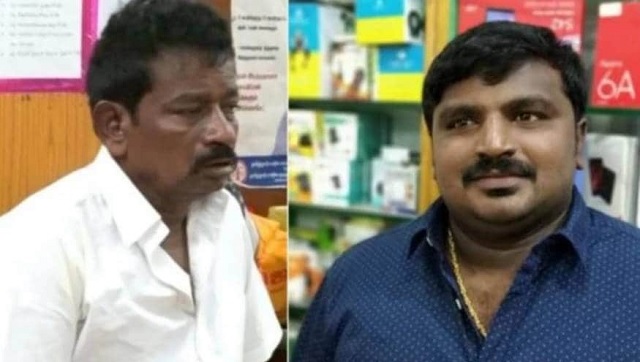The deaths of P Jayaraj and his son Fenix, allegedly in police custody in Madras’s Tuticorin, have caused massive outrage across the country. Jayaraj and Fenix died at a Kovilpatti hospital on 23 June after being arrested for allegedly extending business hours of their cellphone shop in violation of lockdown norms. Their relatives have accused police of severely thrashing the father and son at Sathankulam Police Station. It is a tragedy that this occurred, allegedly at the hands of those meant to uphold law and order. While it is important to note that an official report affixing responsibility is yet to be released, this is hardly an isolated instance of police brutality. Indeed, the history of policing in India is closely intertwined with oppressive colonialism. The first formal system of policing was established in the mid 19th Century via the Indian Councils Act of 1861.
This was in the aftermath of the mutiny.
The establishment of such a control structure was to micromanage the colonial aspirations and impose control. In contrast, for instance, the police established in the United Kingdom (widely through the Peel Reforms) was to assist the administration of justice. The idea of police as control centres led to a culture of fear rather than trust. Forces have, of course, emerged from the shadows in many ways: India certainly has one of the finest trained forces despite grappling with huge numbers, cumbersome bureaucracy and lack of infrastructure. In fact, according to a number of reports, India has one of the worst per capita police numbers. According to some reports, the numbers are as low as 144 per 1,00,000 of the population. This is in contrast to the world median of 300 per lakh population around the world. There are, in many ways, two watershed moments in the recent history of the police. One in 1974 and the other around 1996. In 1974, the Criminal Procedure Code came into force on 1 April. This Act moved away from the colonial undertones of arbitrary power and a number of duties attributed to the police. Provisions of how arrests could be made, how much force police could use, mandatory registration of First Information Report and some rights of the arrestee were defined. It was also made clear how investigations are to be carried out, by whom and in what way. Later, a letter was sent to the then Chief Justice of India by retired police personnel raising concerns of reports of police brutality in the media. The court treated it as a writ petition and passed a judgment that had a far-reaching impact on police powers. The court outlined a number of guidelines for the police to follow, including a police officer wearing a visible badge at all times, a detailed memo of the arrest being prepared, the arrested person having the right to inform a friend or relative and making the arrested person aware of his rights. Additionally, a note of any injuries on the arrestee must be made and a mandatory medical examination carried out within 48 hours of arrest. These guidelines have certainly helped in assuring fair practices of arrest, however, examples of police brutality still surface with alarming frequency. It has been suggested that perhaps guidelines need to be reviewed and technological advances should be used for the benefit of policing. For example, the use of CCTVs will be helpful in conducting online hearings. The task the police is entrusted with is certainly extremely onerous and requires tremendous sacrifice. It is made even more difficult by long hours, lack of adequate facilities and pressure. Nonetheless, as a country we must direct our attention to the police forces. The law, without their complete dedication and assistance, is not worth the paper it is written on. Proper training, sensitisation and an awareness of the gold standards of policing are a must. Complete independence of the police is non-negotiable. What is also crucial are checks and balances: internal inquiries need to be transparent, robust and fair. Citizenry must be made aware of their rights. It is incumbent upon the courts to ensure a fair policing system as any derogation from these standards invites criticism of the legal system. This, in turn, erodes the confidence that the rule of law enjoys. We must step out of the shadows of colonial policing: fear of the police must be replaced by confidence and trust. Training of personnel should reflect this. A system of transparency and fairness, both for the forces and the citizens, should be implemented. Any democracy is only as good as the freedom it enjoys. One custodial death is one too many. Hope this time we act and bring about the extremely essential and pressing changes.
The author is an advocate based in Delhi and holds a Master of Laws from the University of Cambridge


)

)
)
)
)
)
)
)
)



